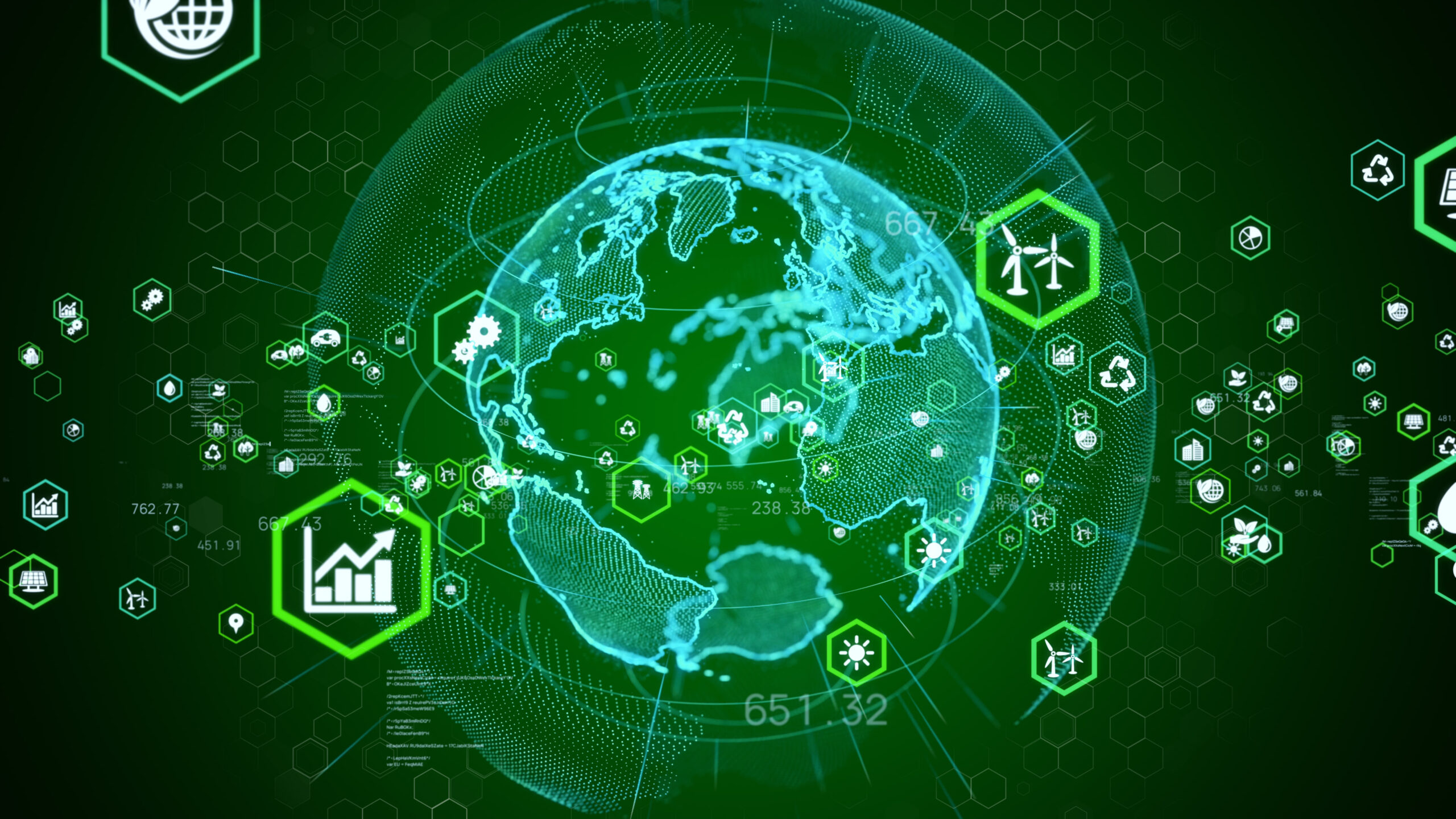Turin, 22nd April 2022 – 22 April is Earth Day, a symbolic date on which we renew our commitment to promote the protection of the Planet. For 2022, companies, institutions and citizens are invited to act and innovate: now is the time to create a partnership for the Planet, to preserve and protect it. In the last few decades, together with climate change, the demand for resources has continued to rise, increasingly threatening the surrounding environment. The economy must also come to terms with finite resources. In addition to the transition to a circular economy – capable of questioning the logic of the throwaway culture typical of linear development – there is the need to achieve a zero-carbon emission economy. Acting responsibly towards the Planet’s resources means undertaking actions to minimize and neutralize our own environmental impact. With the circular economy products and their components are designed to be recovered or recycled to prolong their life cycle for the benefit of the environment.
It is specifically with this in mind that Comau is using its own experience in automation systems and products to develop innovative processes, as well as flexible and modular engineering solutions in the electrification field. With the increase in the number of electric vehicles, the number of batteries reaching the end of their life cycle will also increase significantly. The processes for dismantling them at recycling facilities – currently carried out manually – require compliance with high safety standards because of the hazards involved in handling high-power electrical equipment. Added to this are ergonomic implications: manual dismantling involves moving heavy loads. The problem could be resolved with the introduction of automatic equipment which reduces the battery dismantling cycle time. A robotised dismantling system would also lead to the extraction of purer and more precious elements from the batteries which could then be reused for new batteries.
The aim of the Flexible Battery Dismantling (Flex-BD) project – supported by EIT Manufacturing, an innovation community financed by the European Union within EIT – on which Comau is working together with other partners, is to automate all battery dismantling operations, thereby generating a positive impact on people’s health and safety. What is more, from the qualitative point of view the dismantling process will be more repeatable and standardisable, reducing waste and optimizing the reuse of the raw materials in battery packs.
Automation flexibility will be provided by the use of metalanguages and self-adaptive approaches, which will enable the use of Flex-BD in a wide range of product families, guaranteeing improved overall productivity of the recycling facility.
“Automation can be a great help in product end of life management. We have always built and integrated industrial robots and the skills developed in our Innovation Office in the last few years have proved very important”, explained Paolo Tebaldi, Comau Business Development.
In order for the energy transition to be really sustainable it is necessary not only to efficiently produce cutting edge electrification technologies, but also to manage the environmental impact linked to the end of life of the batteries themselves. To that end Comau, together with other companies, has signed a Memorandum of Understanding to develop a national value chain for managing the end of life of lithium batteries coming from the automotive sector. Here, Comau deals with the development of automated solutions for the disassembly and reassembly of battery packs and modules in accordance with safety standards, while also providing support for the designing of new battery packs.
One example of this is its HR-Recycler project – financed within the framework of the European Community’s Horizon 2020 programme – whereby Comau aims to develop a hybrid human-robot recycling facility for electrical and electronic equipment operating in an internal environment. The fundamental purpose of the system will be to replace manual activities – costly, risky and time-consuming – for pre-treatment of waste electrical and electronic equipment (WEEE) with robotised procedures for classifying electrical/electronic devices, disassembling them and sorting the components.
By developing these projects Comau contributes concretely to achieving the United Nations’ Sustainable Development Goals (SDGs) 7, 9, 12 and 17 which, through the implementation of robust partnerships and global cooperation, promote responsible energy management, the construction of resilient, innovative and sustainable infrastructure and the adoption of an environmentally friendly approach.

